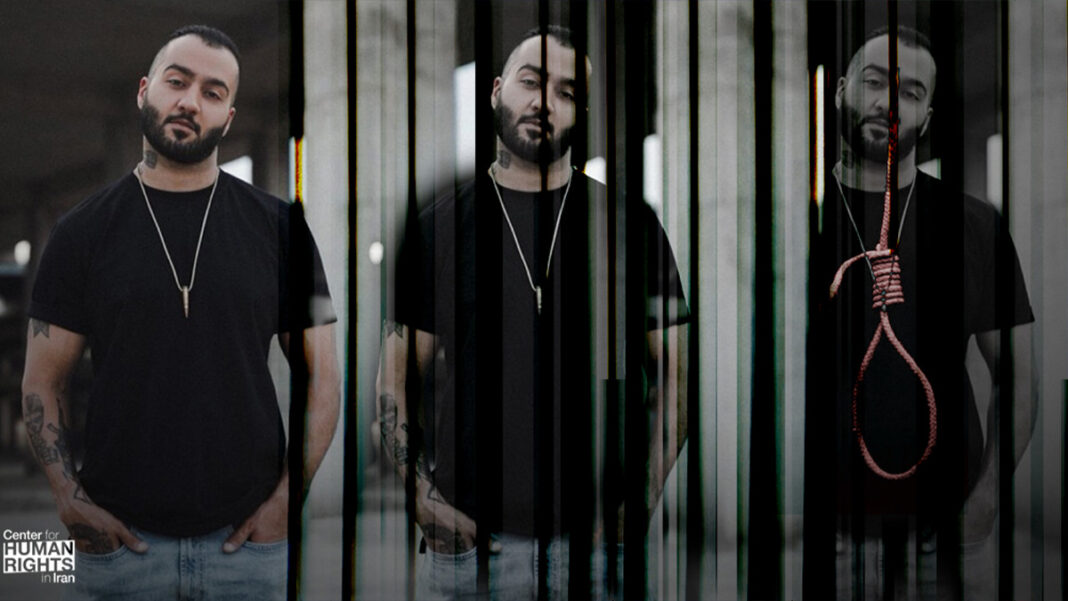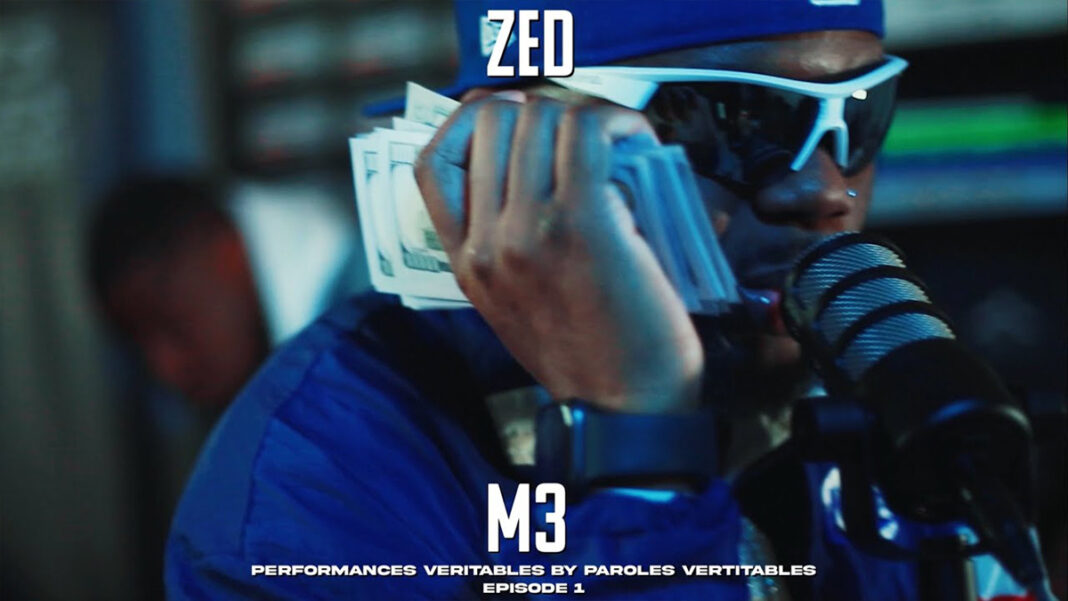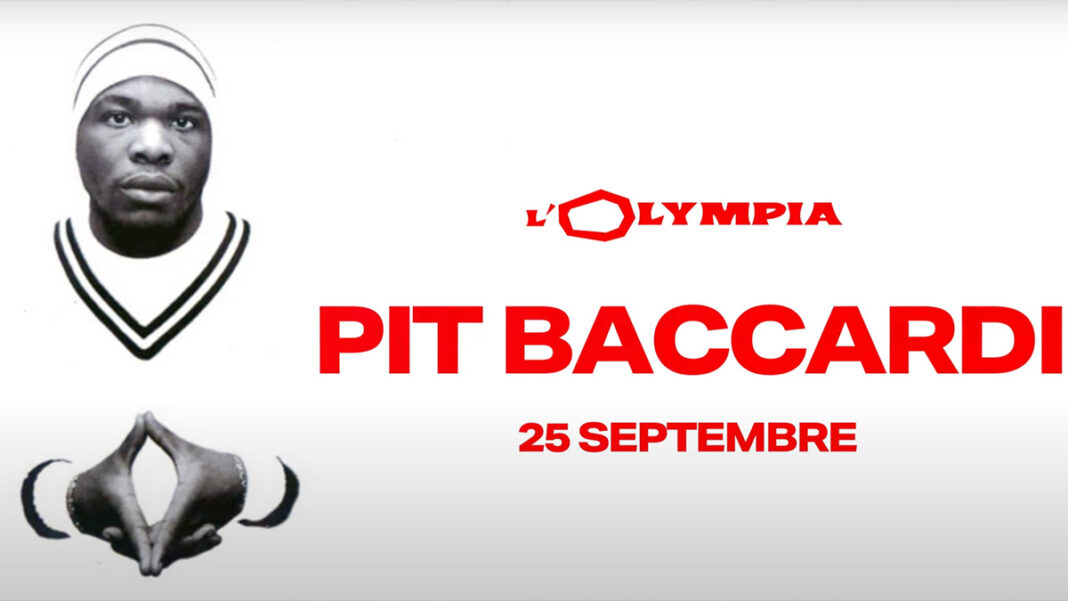For a long time, it was widely believed that censorship was mainly the domain of right-wing governments, while the left championed freedom of speech. This notion, inherited from the cultural battles of the 1970s, now feels outdated. The censorship of rap music—a genre historically rooted in protest—perfectly illustrates this shift. Today, whether coming from the left or the right, restrictions on free speech are no longer just about silencing political dissent. They aim just as much to maintain public order, curb social violence, or defend moral standards deemed essential.
Let’s first consider the most extreme cases, where censorship remains fundamentally political. In North Africa and the Middle East, authoritarian regimes have never hidden their hostility towards rap. In Iran, for example, rap is officially banned for religious reasons, accused of being incompatible with Islamic values. Yet behind this moral façade lies a fear of organized dissent. The dramatic fate of rapper Toomaj Salehi, sentenced to death for supporting protests following the death of Mahsa Amini, shows that criticism of the regime remains utterly intolerable, even when expressed through music.
The situation is similar in Tunisia. Under the dictatorship of Ben Ali, rap was banned outright because it embodied direct criticism of the regime. After the regime’s fall in 2011, during the “Arab Spring”, rap enjoyed a brief period of emancipation, spearheaded by artists like Weld El 15. However, this newfound freedom was soon curtailed once again by new authoritarian leaders, under the pretext of restoring order.
Even outside of religious regimes, the issue remains the same. In China, rap is heavily regulated, censored, and sometimes banned, officially criticized as “vulgar”. The rhetoric may differ, but the goal is the same: to suppress the rise of any countercultural movement that could challenge state authority.
In such cases, political ideology becomes secondary. What truly matters is the authoritarian nature of the regime—whether religious, secular, right-wing, or left-wing.
Things get more nuanced in Western democracies, where free speech is theoretically protected. In the United States, for example, the “First Amendment” even shields the most controversial forms of expression. It’s what allows “Mein Kampf” to be legally sold, unlike in many European countries. Yet even there, indirect forms of censorship have targeted rap.
Starting in the Reagan era during the 1980s, authorities sought to curb the influence of violent or obscene rap lyrics, citing the need to protect minors. The group N.W.A, with their iconic track “Fuck Tha Police”, faced intense backlash. In 1989, the FBI even sent a formal protest letter to their record label, condemning the group’s anti-police lyrics. This move helped catalyze bans on their concerts and music videos across multiple platforms. Around the same time, the “Parental Advisory Explicit Content” label was introduced, institutionalizing the idea that certain forms of rap needed to be contained to protect social norms.
More recently, under the presidencies of Donald Trump and Joe Biden—two leaders with opposing ideologies—rap lyrics have been used as evidence in criminal trials. The highly publicized case of rapper Young Thug is a prime example: his lyrics, notably from the track “Take It to Trial”, were introduced in court to support allegations of gang affiliation. This shift shows that the goal is not so much to suppress political criticism but rather to counter the glorification of violence and crime—even at the cost of artistic freedom.
The same trend appears across Europe. In France, both left- and right-wing governments have moved to restrict rap whenever it was perceived as a threat to public order. Under François Mitterrand, groups like Ministère A.M.E.R. were convicted for their provocative lyrics in “Sacrifice de poulet”. During Nicolas Sarkozy’s presidency, the controversy surrounding the group Sniper exploded, with accusations of promoting hatred against police in their track “La France”.
Even in vastly different political contexts, similar dynamics unfold. In Mexico, currently governed by a left-wing coalition, authorities are now banning concerts of “narcocorridos”—songs that glorify drug traffickers. The cancellation of Luis R. Conriquez’s concert in Culiacán in 2025, which triggered violent riots, clearly illustrates how the fight against organized crime has spilled into cultural censorship.
This global overview shows how outdated the old left-freedom / right-censorship divide has become. Back in the 1970s, this framework still made sense: the left fought for civil rights, against the Vietnam War, and for cultural freedom, while the right often embodied the defense of traditional order and repression. Today, however, the landscape has radically shifted. In a world shaped by globalization, terrorism, organized crime, and hate speech, political lines have blurred. Censorship is no longer determined by ideology but by cross-cutting issues affecting all political camps.
Ultimately, rap remains a prime target for such restrictions not because it disturbs the left or the right, but because it highlights the fractures within modern societies: inequality, violence, political disillusionment. And in the face of these realities, the temptation to control speech remains strong, whether one leans conservative or progressive.


